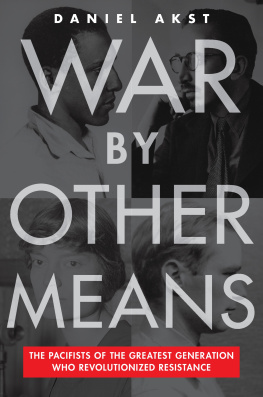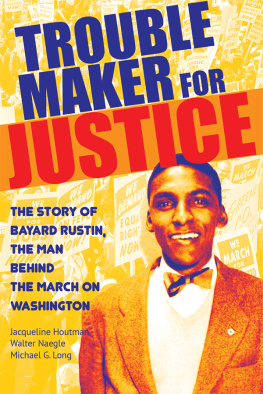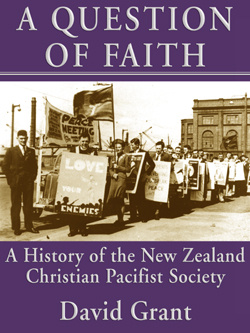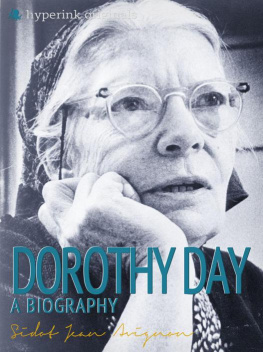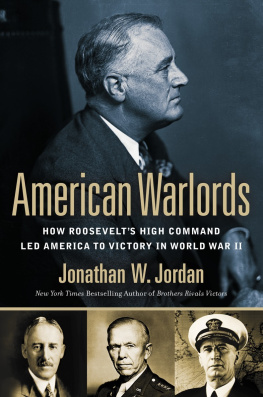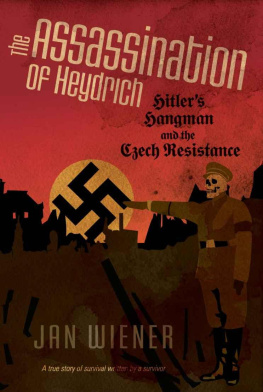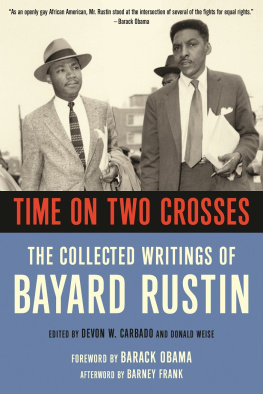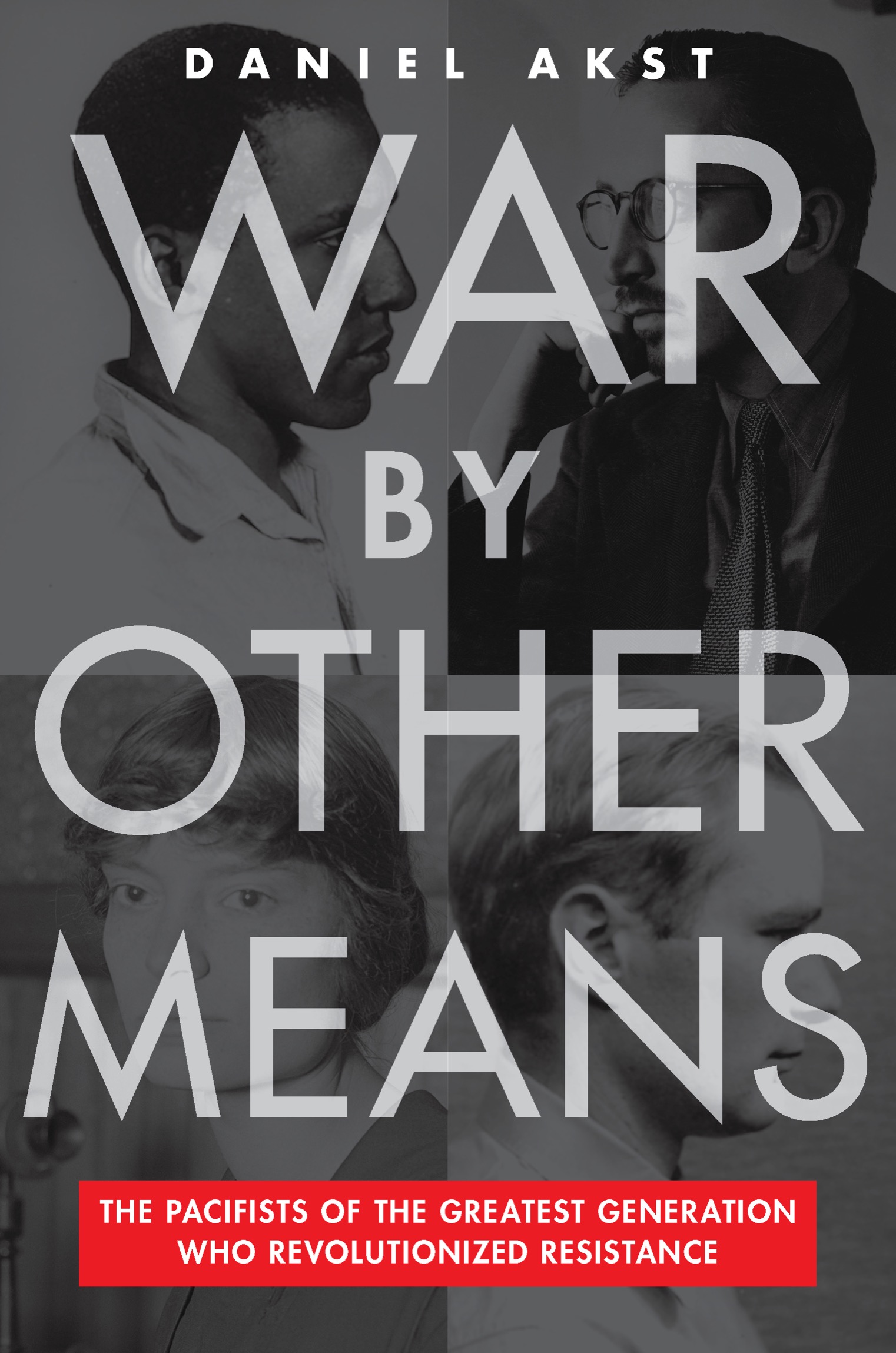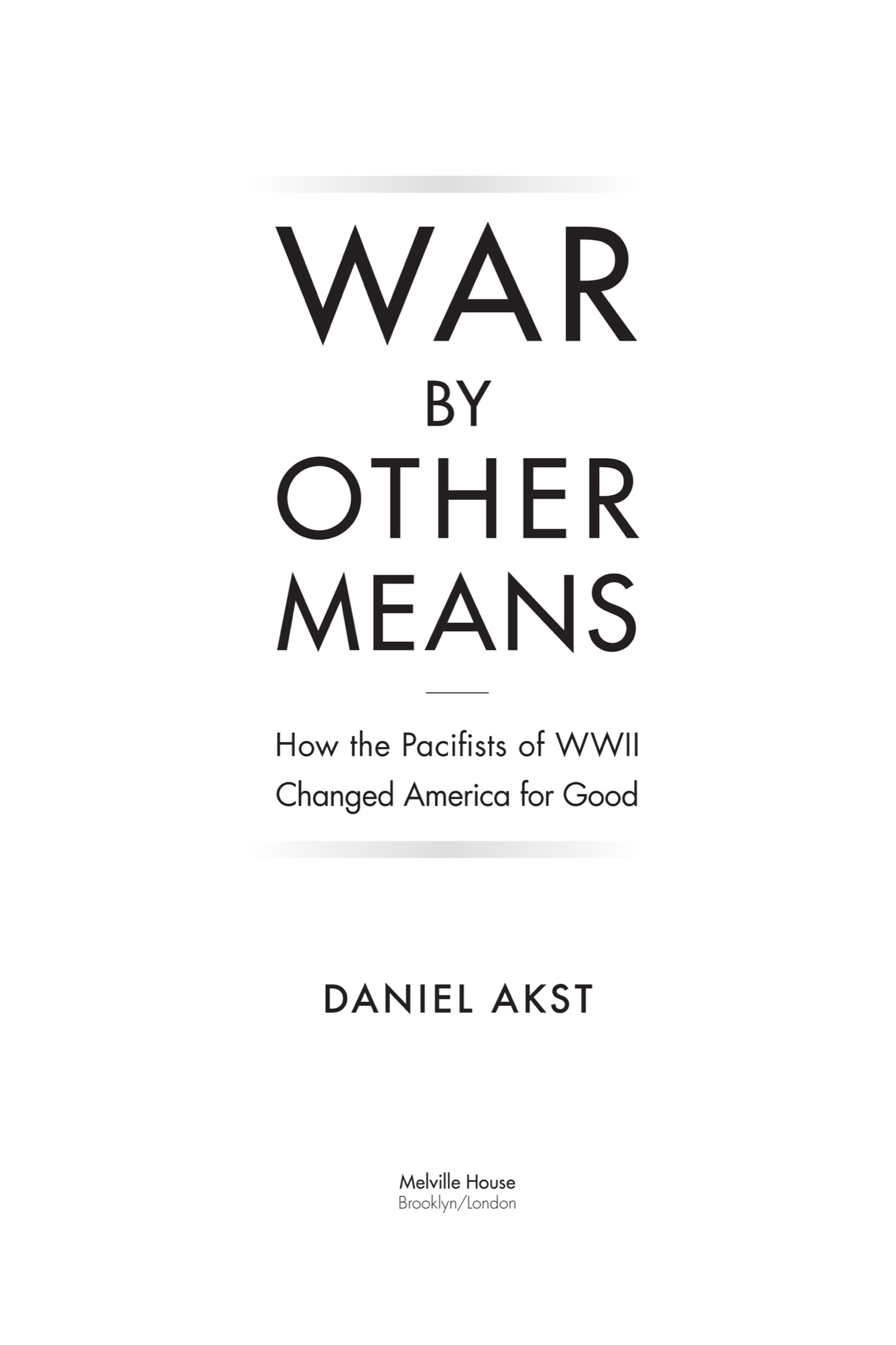First published in 2022 by Melville House.
Copyright 2022 by Daniel Akst. All rights reserved.
We who allow ourselves to become engaged in war need this testimony of the absolutist against us, lest we accept the warfare of the world as normative, lest we become callous to the horror of war, and lest we forget the ambiguity of our own actions and motives and the risk we run of achieving no permanent good from this momentary anarchy in which we are involved.
INTRODUCTION
T HE FIRST TIME YOUNG David Dellinger made The New York Times was on November 3, 1932, under the headline Yale Cub Harriers Pick Dellinger. The story, all of two sentences, reports that the former high school track star was elected captain of the universitys freshman cross-country team. The doings of leading Yale men were news in those days, and although Dellinger was an enemy of hierarchy all his life, he was paradoxically a natural leader. Later, at New Yorks Union Theological Seminary, he was made president of his class. Eventually he would become famous as a towering and uncompromising figure in radical causes; Paul Berman, an insightful historian of the postwar Left, writes that, during Vietnam, Dellinger became the single most important leader of the national antiwar movement. He became a great deal more famous as a member of the Chicago Seven, whose trial on charges of criminal conspiracy and inciting to riot arose from their antiwar protests during the 1968 Democratic National Convention. Dellinger sat through the proceedings with awkward dignity along with codefendants including Abbie Hoffman, Jerry Rubin, and Tom Haydenall radical celebrities in those fraught times. But surely Dellinger, the oldest of the lot, was the only one entitled to a sense of dj vu, because he had been through something similar so long before.
In 1940, as he was about to begin his second year at Union, Dellinger was the de facto leader of an idealistic band of students who had decided not to register for the nations first peacetime draft. Long before anyone might have dreamed of the Chicago Seven, newspapers across the country were reporting on the antiwar seminarians who would become known as the Union Eight. Despite considerable pressure from Henry Sloane CoffinUnions president, who was known as Uncle Henry behind his backthese young pacifists refused to avail themselves of a provision in the new draft law that was included with precisely their sort in mind: Regular or duly ordained ministers of religion, and students who are preparing for the ministry in theological or divinity schoolsshall be exempt from training and service (but not from registration) under this Act.
So determined were these resisters to remain untainted by the apparatus of war that they went to federal prisona segregated prison, reflecting a segregated societyrather than violate their beliefs by filling out a piece of paper. The war system is an evil part of our social order, the students wrote, and we declare that we cannot cooperate with it in any way. Because their objections genuinely were religious, they probably would have been granted conscientious objector status even had they not been divinity students. War is an evil, they wrote, because it is in violation of the Way of Love as seen in God through Christ.
These words will seem impossibly idealistic today, much like the belief that freedom could be preserved from fascist military aggression by the sheer moral force of nonviolence. Yet to a great extent Dellinger and his fellow pacifists did conquer the future, even if he and many others left Christ behind. By 2004, when Dellinger died at the age of eighty-eight, Berman was able to put the late radicals activism into remarkable perspective. Dellinger, he said, came of age in one of the tiniest currents of the American leftthe Rev. A.J. Mustes movement for World War II pacifism, a movement based on radical Christian values and vaguely anarchist instincts. No rational person observing that movement during the 1940s would have predicted any success at all, and yet during the next two or three decades, Mr. Dellinger and his pacifist allies transformed whole areas of American life.
That tiny currentwhich somehow became a tsunami of social changehas also given birth to this book, whose aim is not to make the case for absolute pacifism but to tell the story of its remarkable adherents during its greatest trial: the Second World War. No one can dispute the horrors of war, or that opponents of our nations many military engagements were all too often right to challenge them as pointless, unjust, or both. But it will come as a surprise to most Americans that, even after Pearl Harbor, thousands in this country opposed World War II. Thats the war we all seem to approve ofthe quintessential good war during which Americans pulled together and sacrificed.
For the most part, they did, but it was a war thrust upon them despite their most strenuous efforts to avoid it. Before the outbreak of formal hostilities in Europe, polls showed that most Americans were firmly against U.S. involvement in yet another massive and bloody foreign conflict. Conditioned by the bitter disappointment of the Great War, which by the 1930s was widely seen as a waste and a scam, many Americans were determined not to be conned again, this time by a war erupting from an unjust peace. You were supposed to be wised up about the War, said Mary McCarthy, explaining: We were afraid of making a mistake, of being taken in.
The evils of Nazism, visible early on only as the tip of a Satanic iceberg, competed in the public mind with those of Stalinism. The lies of the Great War had bred skepticism toward alleged German atrocities. People also worried that another foreign war would beget tyranny at home, for war always increases the power of the state, and tyranny in those days seemed to be in the air, spreading like a virus from nation to nation. American civil liberties had been trampled in connection with the last European war. This time, many feared, would be worse.
During the interwar period, moreover, the United States had developed perhaps the largest and best-organized pacifist movement in the world. Pacifism was part of the curriculum at some schools and firmly on the agenda of the mainline Protestant denominations that were such important institutions in the life of this churchgoing nation at the time. Liberal clergymen, including such celebrity ministers as the indefatigable Harry Emerson Fosdick, spoke out against war from their Sunday pulpits and via the popular new medium of radio, whence the gospel of pacifism reached a student by the name of Martin Luther King, Jr. Pacifism was well established on campuses thanks to a massive and diverse national student antiwar movement, with thousands pledging not to fight under any circumstances.

